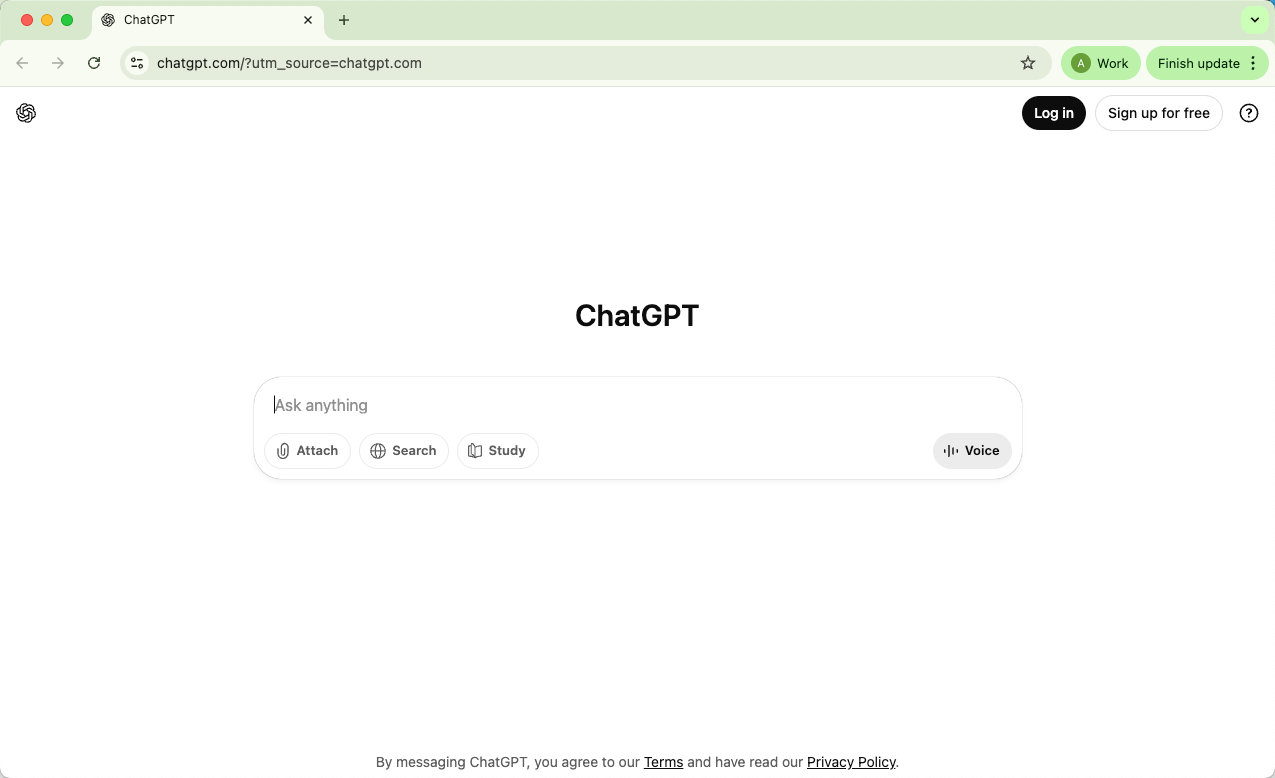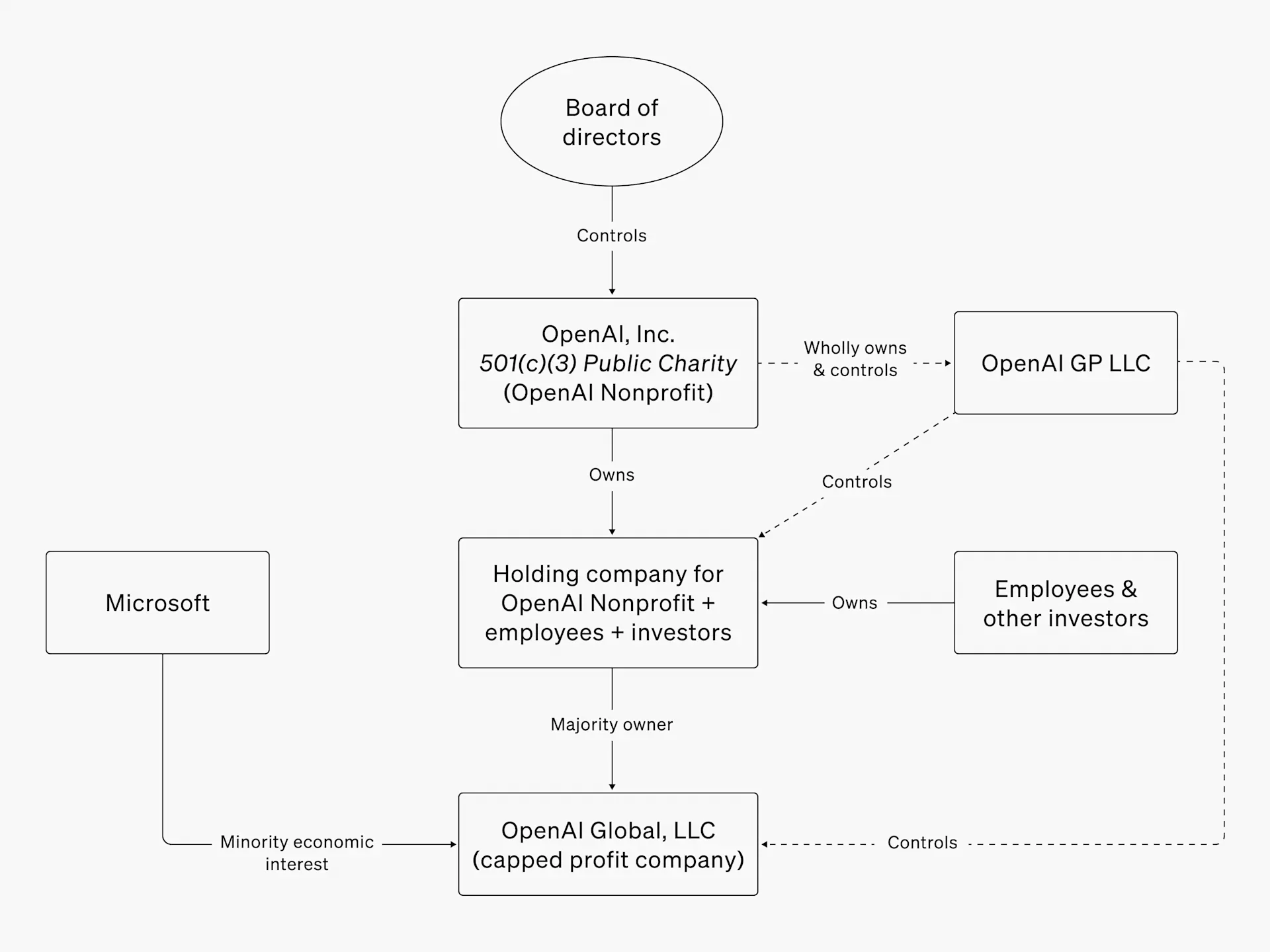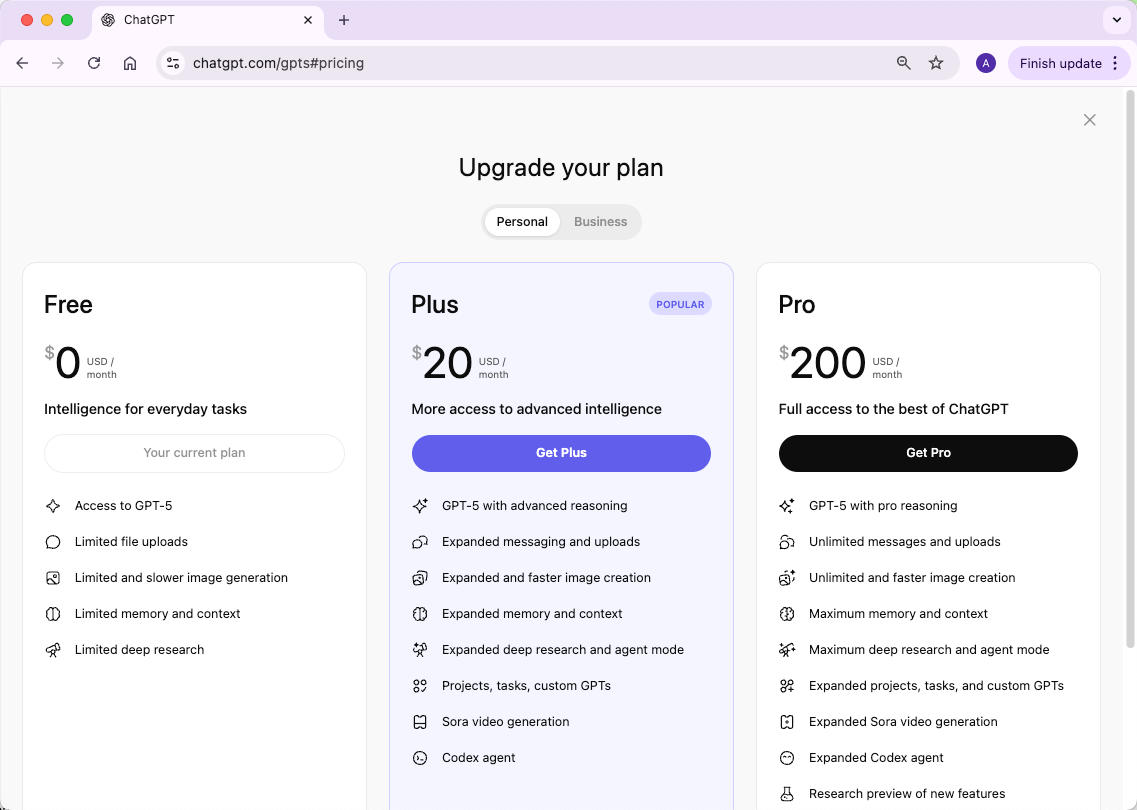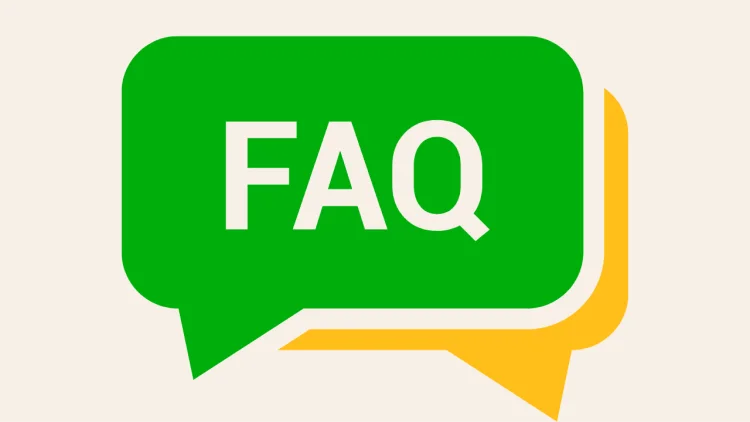Who Owns ChatGPT? The Companies and Investors Behind It

Ever wondered who owns ChatGPT and how it was created?
In this article, I’ll explore the companies, founders, and technology behind the AI you use every day. We’ll cover ownership, key partnerships, and how ChatGPT works, so by the end, you’ll have a clear picture of what powers your AI assistant.

Who Owns ChatGPT?
The quick answer is simple: ChatGPT belongs to OpenAI. But that’s not the whole picture than just one name. Big tech partners, early founders, and even hardware giants all play a role in how this AI works and how it reaches you. Let’s take a closer look.

ChatGPT’s Brain: OpenAI
OpenAI began in 2015 with a big but straightforward goal: to make sure artificial intelligence benefits everyone, not just a select few. Since then, it’s built other well-known tools too, like DALL·E for creating images and Whisper for speech recognition.
Structure of OpenAI
OpenAI’s structure is a little different from most tech firms. It’s split into:
The nonprofit: OpenAI Inc. — the original foundation that sets the mission and keeps ultimate control.
The for-profit: OpenAI L.P. — this side can take investments and pay employees, but the nonprofit oversees it to make sure the mission doesn’t get lost.
Employees and investors can have stakes in the for-profit arm, but the nonprofit is the one calling the shots.

Who Runs OpenAI
Running the show is Sam Altman, the CEO, with Greg Brockman as co-founder and president, and Ilya Sutskever as chief scientist. They are joined by a board made up of experienced leaders from tech, business, and government, helping guide OpenAI’s strategy and decisions.
Board members include:
Bret Taylor (Chair) – Tech executive and entrepreneur
Adam D’Angelo – CEO of Quora
Dr. Sue Desmond-Hellmann – Former biotech executive
Zico Kolter – AI researcher
Paul M. Nakasone – Retired U.S. Army General
Adebayo Ogunlesi – Global investment leader
Nicole Seligman – Legal and corporate governance expert
Larry Summers – Economist and policy advisor
Who Funds OpenAI
OpenAI has both corporate and individual backers, which help fund its ambitious AI projects and support its long-term mission.
Corporate investors:
Microsoft: The largest investor and technical partner, providing both funding and the Azure cloud infrastructure that powers ChatGPT.
Other venture or tech companies: These smaller investors contribute additional capital and sometimes strategic guidance, helping OpenAI scale its research.
Individual investors:
Early co-founders like Elon Musk (historical, no longer involved): Helped launch OpenAI but stepped away years ago to focus on other ventures.
Peter Thiel: Provided early funding and support to get OpenAI off the ground.
Reid Hoffman: Invested in the early stages, bringing both capital and business insight.
Jessica Livingston: Contributed as an early supporter and advisor during OpenAI’s founding.
Others involved in the initial funding rounds: A mix of angel investors and tech leaders who believed in OpenAI’s mission from the start.
Who Powers OpenAI
Running AI at scale needs serious hardware. Nvidia supplies the GPUs that power OpenAI’s models, while Microsoft Azure provides the cloud infrastructure. These partnerships are essential for training and running ChatGPT efficiently, though neither is an owner of OpenAI.
Does Microsoft Own ChatGPT?

As I mentioned earlier, Microsoft is OpenAI’s biggest investor—but that doesn’t mean they own ChatGPT. The company still belongs to OpenAI. What Microsoft does provide is a huge part of what makes ChatGPT work at scale.
Specifically, Microsoft built the Azure cloud infrastructure that powers ChatGPT. Without it, the chatbot couldn’t handle millions of users or respond so quickly and reliably.
Beyond the backend, Microsoft has also integrated ChatGPT into its own products, like Word, Excel, and Bing. That means the AI you’re chatting with isn’t just in a browser—it’s embedded in tools many of us use every day.
So while Microsoft isn’t the owner, it’s a key partner that makes ChatGPT both powerful and accessible.
Is ChatGPT Owned by Nvidia?

No, Nvidia does not own ChatGPT.
What Nvidia does do is provide the hardware that makes ChatGPT run. OpenAI and Microsoft rely on Nvidia’s GPUs to train and operate the large language models behind the chatbot. These GPUs handle the heavy computing needed for processing millions of requests and generating human-like responses.
In short, Nvidia is a key technical partner—they supply the engine, but they don’t own or control ChatGPT.
Does Elon Musk Own ChatGPT?
You might be surprised to hear that Elon Musk was one of OpenAI’s original co-founders, as we mentioned earlier. Yes, he was there at the very beginning when OpenAI was founded in 2015. He put money in, sat on the board, and pushed the early vision of building AI that’s safe for everyone.

But by 2018, Musk had stepped away completely. Officially, it was to avoid conflicts with Tesla’s AI projects. Unofficially, reports suggest he wanted more control over OpenAI and didn’t get it. Either way, he left the board, cut ties, and hasn’t been involved since.
These days, Musk is more of a critic. He’s even building his own chatbot — TruthGPT — because he’s not a fan of how OpenAI is doing things. So the bottom line? Musk helped start OpenAI, but he doesn’t own ChatGPT and hasn’t for years.
How ChatGPT Makes Money
Alright, so we know who owns ChatGPT and who helps it run. But here’s the real question: how does ChatGPT actually make money?
Here are the main ways:
Subscriptions :
Beyond the free tier, OpenAI sells plans like Plus, Pro, and Business. These unlock quicker responses, access to advanced models, and added features. With millions subscribed worldwide, this steady stream of payments forms a major slice of OpenAI’s revenue.

API usage:
Companies use ChatGPT’s technology in their apps, customer service tools, or productivity software. They’re charged based on computing power, which turns into a steady revenue stream from entire industries, not just individuals.
Microsoft partnership:
Microsoft invested billions in OpenAI and integrated ChatGPT into Word, Excel, and Bing. This deal helps OpenAI cover massive operating costs while giving Microsoft a competitive edge against rivals like Google.

FAQ
Q: What’s the difference between OpenAI and ChatGPT?
OpenAI is the company, while ChatGPT is one of its flagship products.
Q: Is OpenAI private or public?
OpenAI is a private company with a nonprofit parent and a for-profit subsidiary. It’s not listed on the stock market.
Q: Is ChatGPT owned by Microsoft?
No. Microsoft is OpenAI’s biggest investor and cloud partner, but OpenAI operates as an independent organization.
Q: Does Microsoft own 49% of OpenAI?
No. While Microsoft has invested billions and holds a significant stake, it does not own nearly half of the company.
Q: Does Elon Musk still own part of ChatGPT?
No. Musk co-founded OpenAI in 2015 but left in 2018. He no longer has any financial ties or involvement.
Q: Who competes with ChatGPT?
Google’s Gemini, Anthropic’s Claude, and Perplexity AI are among the main rivals in the AI chatbot space.
Conclusion
So, to sum it up: ChatGPT is owned by OpenAI, with major support from Microsoft and the computing power of Nvidia. Elon Musk helped launch OpenAI but doesn’t have a stake today. ChatGPT keeps running and improving thanks to subscriptions, APIs, and these partnerships.
I hope this article gives you a clearer picture of who’s really behind the chatbot. Next time you’re chatting with it, you might think, “Wow, all these people and technologies are working together just to answer me!”
